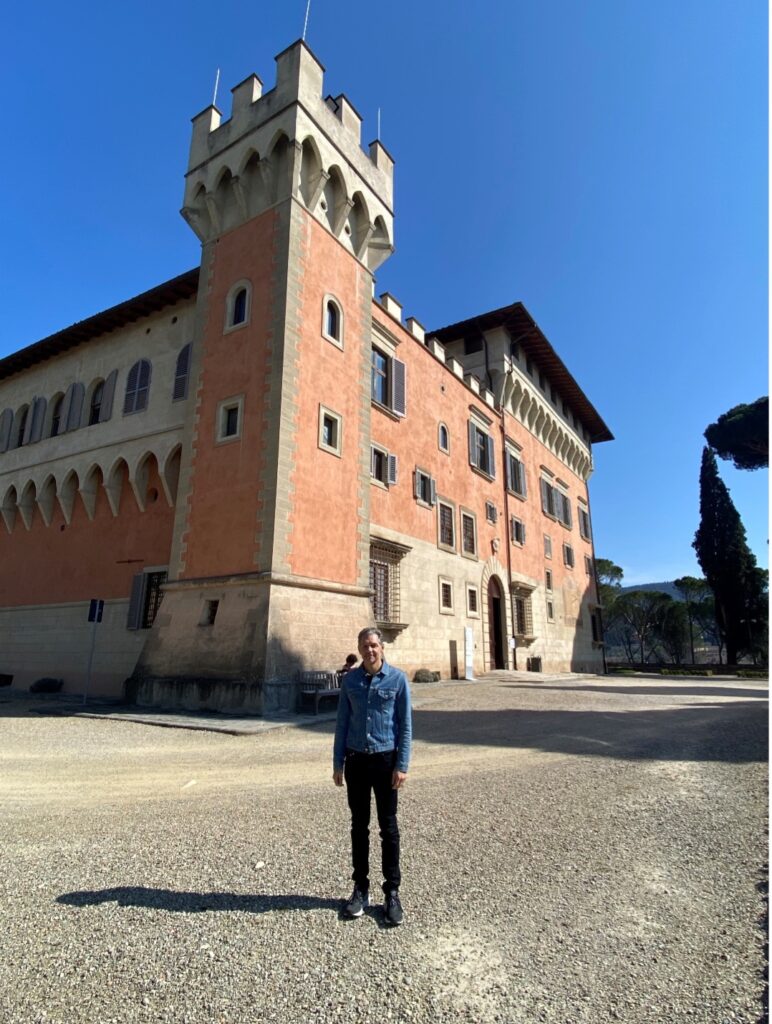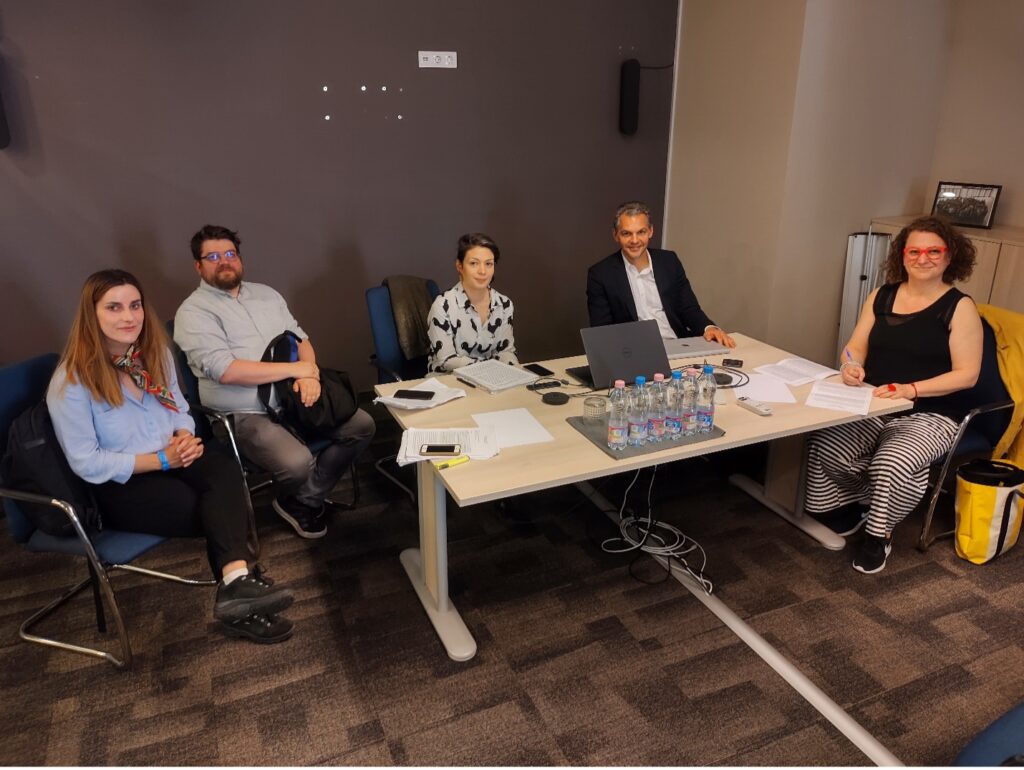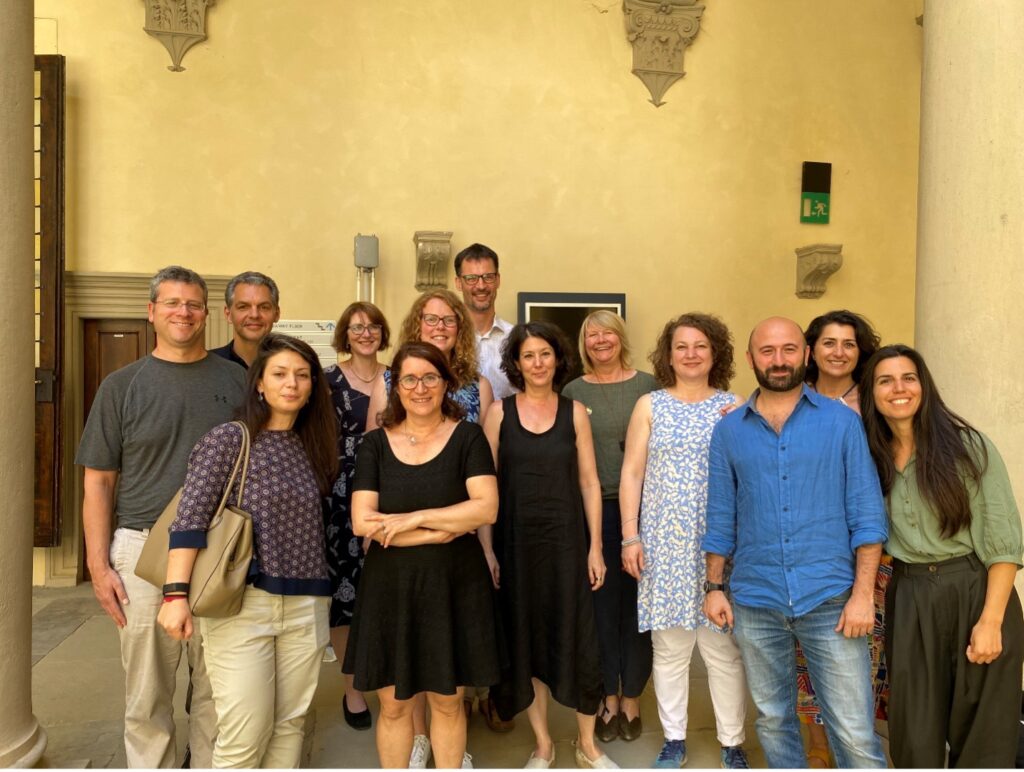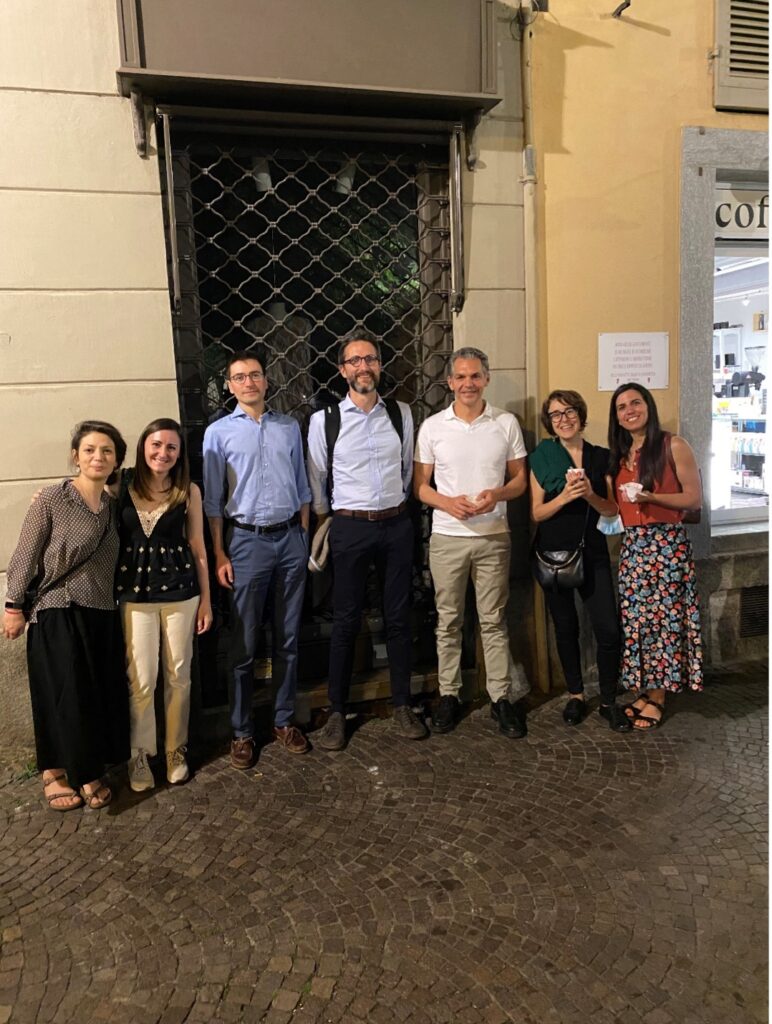My Fulbright project looked at why and how law is being used as a tool of democratic inclusion in Europe—the idea of legal mobilization. Specifically, I was investigating how lawyers on the ground in struggles for social justice work with clients, civil society organizations, and larger networks to formulate legal claims asking European-level courts—the Court of Justice of the European Union and the European Court of Human Rights—to take cases and resolve legal issues to force domestic officials to protect individual liberties and widen equality. Over the past twenty-five years, there has been an explosion of this type of European legal mobilization. In these cases, lawyers have sought to protect the rights of migrants, ethnic and racial minorities, vulnerable workers, and political dissidents, while also attempting to strengthen democratic institutions and protect the environment, among other goals. These cases have met with mixed success measured in terms of whether courts have taken the cases and resolved them on terms favorable to petitioners.

Based on this mixed success, I was interested in a particular puzzle: Why do disadvantaged groups at the nation-state level in Europe turn to supranational law and courts to win policy reform and promote broader democratic transformation? What are the principles and goals that lawyers start with? How do they formulate them? How closely do they work with civil society actors and transnational networks in their field of struggle to develop broader campaigns to challenge domestic policy?
These were questions that I was familiar with in the U.S. context having devoted my career to the study of American “public interest” lawyers who use law to represent the interests of groups underrepresented in the political system. There is a long history of public interest lawyering conducted through nongovernmental organizations of diverse ideological affiliations that bring legal claims in the battle to shape the nature of American law and society. I knew that this U.S. history had influenced the meaning and practice of legal mobilization in countries around the world, including in Europe. But I also knew that the European experience with legal mobilization was very different because of its distinctive history and legal architecture, which included the postwar development of a multilevel legal system with supranational courts with specific jurisdictions and procedural rules. Legal culture was also very different, with the idea of courts as important policy makers more deeply ingrained in America, as was the availability of human rights law as a lever for change in Europe. In short, a comparative study of legal mobilization was, to me, the ideal Fulbright project, ripe for international exchange: I had insights to offer on how legal mobilization worked—and didn’t work—but also had an enormous amount to learn.
This was the genesis of my Fulbright project and my journey to Florence, Italy, home of one of the preeminent academic institutions focused on European law and legal process: the European University Institute. In addition to hosting the world’s leading European law scholars, I was excited about being at the school because of specific faculty strength in legal mobilization, led by Claire Kilpatrick and Joanne Scott—giant figures in labor and environmental law who were also doing exciting work on legal mobilization. I was also drawn to the EUI precisely because of Fulbright: having had the pre-pandemic privilege of supervising two Fulbright-Schuman scholars at my home institution, UCLA, where I was able to learn from their research about how widespread and dynamic the European legal mobilization field was. They planted the seeds of me going to the EUI.

Those seeds grew into the richest harvest imaginable. Walking onto the EUI law campus, housed in a 15th century villa on the hills of Fiesole, is like walking back in time into Renaissance Florence. While there, I got to meet the luminaries of European law from around Europe—those on the faculty and the many impressive fellows, like Salvatore Caserta from iCourts at the University of Copenhagen, who is doing interesting work on how digitalization affects the legal profession. As part of my Fulbright project, I had the incredible experience of co-teaching a class on legal mobilization with my colleagues there, where we learned from each other—and the incredible EUI Ph.D. researchers who took the class. I took the lead on presenting the history of public interest law and defining legal mobilization in Europe, while Professors Kilpatrick and Scott elucidated opportunities and challenges for legal mobilization in the fields of equality law and the environment. We ended with the students engaged in hands-on interviews with leading rights lawyers applying the frameworks we had shared to answer key questions about how legal mobilization worked. It was an amazing experience that was the perfect segue to our culminating workshop on Legal Mobilization and Democracy in Europe, which we held at the EUI on June 9-10, 2022. At that workshop, we hosted leading and emerging legal mobilization scholars who shared their research on how legal mobilization has been used to contest authoritarian violence in Turkey (Dilek Kurban), to promote workplace democracy (Venera Protopapa), to advance “countermobilization” by corporate actors against environmental policy (Alessandra Arcuri), and to shape policies like the EU Whistleblower Directive outside of courts (Vigjilenca Abazi), among other topics. The workshop was an enormous success and a peak experience of my Fulbright time.


From my home base in Florence, I embarked upon a series of trips designed to share my perspective on the United States, while learning from scholars and lawyers on the ground about the genesis of European legal mobilization, its goals, and impact. These trips took me to diverse places, where I was privileged to engage with generous hosts who set up talks and opportunities for exchange. In Paris, I got to meet with leading legal mobilization scholar Liora Israel at the École des Hautes Études en Sciences Sociales and to share my work with her graduate students and colleagues. In Budapest, I was hosted by Lilla Farkas, who is doing cutting-edge work on Roma rights, and her amazing colleagues at the Institute for Legal Studies (Zsolt Kortvélyesi and Bea Huszka), where we presented work on strategic litigation (along with Lilla and Venera Protopapa). From there, I was honored to give the opening lecture at the Turin School on Strategic Litigation, hosted by rising legal mobilization scholar (and EUI graduate) Virginia Passalaqua and her gracious and brilliant University of Torino colleagues. I got to spend a glorious couple of days in Barcelona learning about labor mobilization from Julia López at Pompeu Fabra University, and ended my time at an international conference at the University of Leiden on Courts as an Arena of Societal Change, hosted by Alex Gert Castermans and his wonderful colleagues, where I was honored to be able to give a keynote speech on Legal Mobilization in an Age of Illiberalism and meet with colleagues at the Leiden Law School, led by environmental scholar Rowie Stolke.

What I learned from these exciting experiences was that law has become an incredibly important tool in Europe for strengthening democracy and promoting respect for equity and inclusion. There is a robust infrastructure of rights organizations, an impressive depth of legal expertise and sophistication, and a set of legal and political institutions committed to democratic coordination and solidarity in an era of substantial and sustained threat. Although there are significant limits on what legal mobilization can achieve—and opponents to democratic values have also figured out how to use law as a weapon for democratic backsliding—Europe has emerged as a leading exemplar of how strong legal institutions can protect core democratic institutions and principles. Of course, this system is far from perfect and far too many people still suffer on the margins of society. However, whereas the United States was a beacon for democracy fifty years ago, that beacon now shines from Europe. This is the central lesson that I learned from my Fulbright—one that has galvanized a new research program that asks what lessons we here in the United States can learn about protecting democracy from the courageous efforts of European lawyers and activists fighting illiberalism. In this way, Fulbright gave me more than I could have ever imagined: essential new knowledge, wonderful new colleagues and friends, and a lifetime of memories.

As the recipient of the 2021-22 Fulbright-Schuman Chair Award at the European University Institute in Florence, Italy, Scott Cummings taught and conducted research on how lawyers use strategic litigation to advance claims before European Union courts in support of domestic movements for equality and political inclusion – comparing findings from the EU with the US experience of legal reform. Scott is the Robert Henigson Professor at the UCLA School of Law, where he studies the legal profession and local government law, and runs a program on the role of lawyers in promoting equal justice in a rapidly changing world.
Articles are written by Fulbright grantees and do not reflect the opinions of the Fulbright Commission, the grantees’ host institutions, or the U.S. Department of State.
